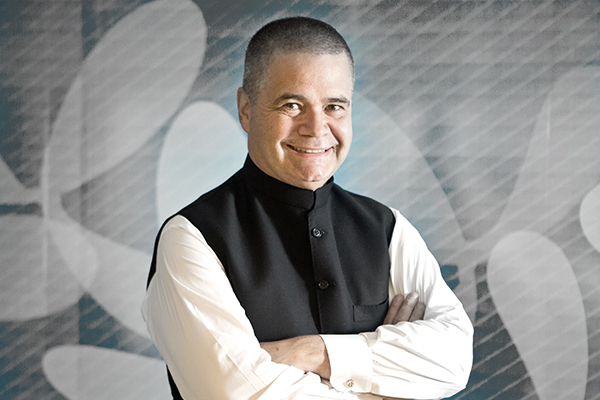
Pakistan’s telecom sector is bound for further growth.
A decade ago, when Telenor Pakistan started its operations, the telecom industry here had fewer customers, limited Internet access on cellphones, and mobile financial services were entirely unheard of. Pakistan’s telecom industry has grown to become one of the largest in the world, and it has evolved far beyond simply making voice calls.
In February, Pakistan’s teledensity hit 76 percent. But the potential and opportunity for further growth remain present. This growth depends on exploring new ways of making Information and Communication Technology a valuable resource in empowering people.
Since the spectrum auction in April last year, we have established the largest 3G network in Pakistan. Today, we have 3.7 million (primarily young) 3G subscribers across 78 cities. This tremendous take-up of a relatively new service is evidence of the potential that lies in the cities we haven’t yet reached. Most Pakistanis access the Web on a mobile phone; this number will rise with the increase in smartphone penetration due to falling prices and a number of services (m-education, m-health, e-government, etc.) that reach the grassroots.
Another growth driver will be mobile financial services. According to the World Bank, financial inclusion in Pakistan stands at less than 16 percent, the lowest in the region. Five years ago, we capitalized on the existing teledensity and converted smartphones into bank accounts. Easypaisa, our joint venture with Tameer Bank, moved nearly 2 percent of Pakistan’s GDP in 2014, becoming one of the top three deployments of mobile money services in the world and the largest in Pakistan. But millions of Pakistanis still remain outside of the formal financial circle and the national economy. As the virtues of branchless banking win more adherents, the service stands to empower the poorest with formal financial management that will support the growth of the telecom sector and the Pakistani economy.
Our technology, business processes, and marketing plans are as good as any in the market. But Telenor Pakistan has one competitive advantage that cannot be replicated: its culture. We have cultivated a workforce and alumni with high standards of managerial skills, governance ability, and vision. Our business increases the international competitiveness of the Pakistani economy, especially with mobile financial services and 3G. At the same time, our people are making a contribution that is at least partially based on the values and culture of Telenor Pakistan. It is much deeper than the CEO making his own tea or having no dedicated office space. It is about basic human values which are inculcated in our managers in terms of leadership skills and in our business in terms of its code of conduct. A stronger workforce is, we believe, the greatest source of strength for our industry, which touches the lives of millions on an individual level.
Our role is to empower societies. That is the vision of Telenor Pakistan. The telecom industry can do that in a number of different ways. We do it through the provision of telecom services, innovative daily-life solutions, and new ways for people to do business, to learn and enjoy their life. We made history in the last 10 years, it is time now to look ahead and make the coming years count.
Foley is CEO of Telenor Pakistan. From our May 2-9, 2015, issue.
